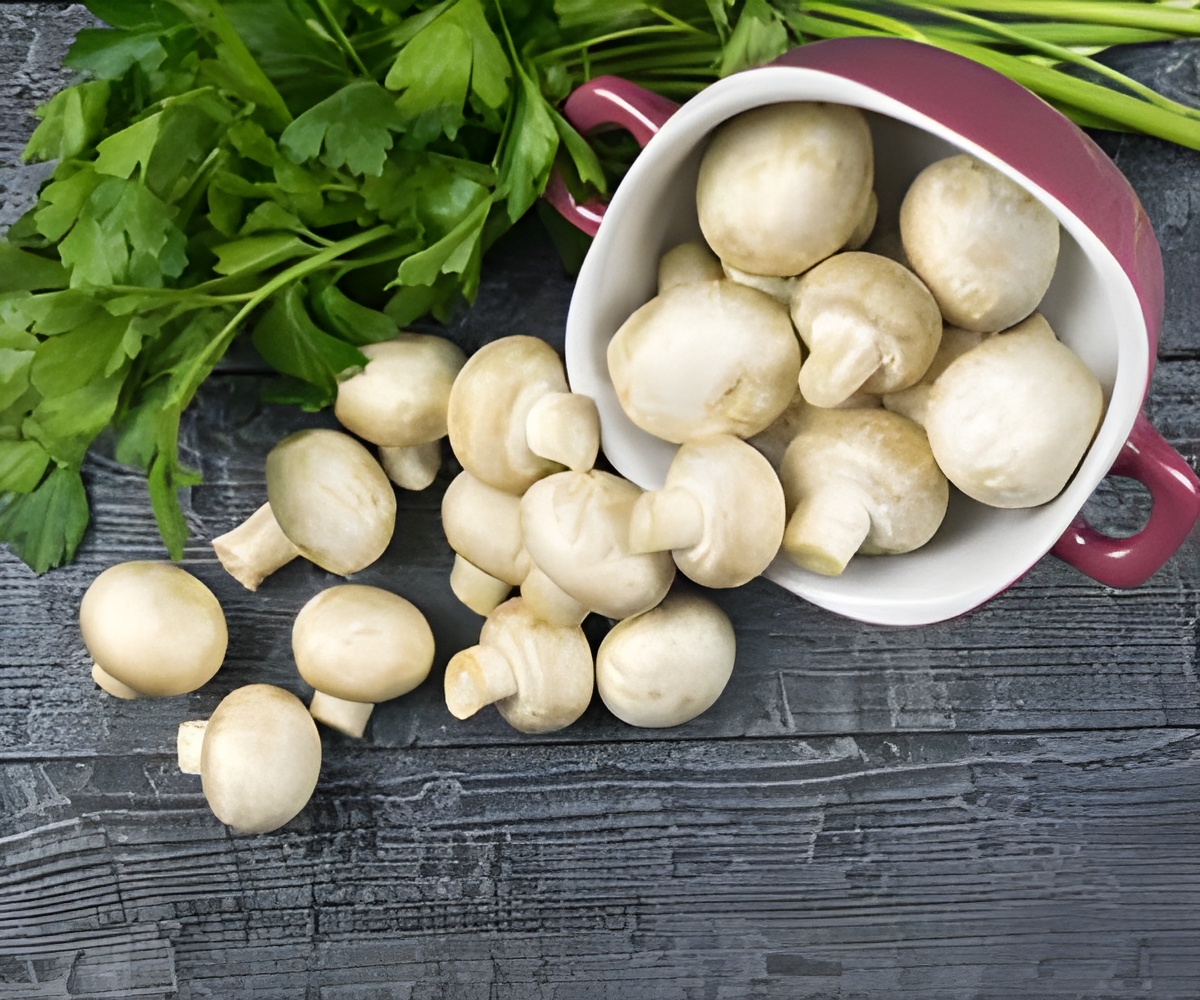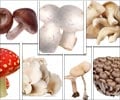Study found that adding mushrooms to the diet makes the meal more nutritious.

Dr. Victor L. Fulgoni //III and Dr. Sanjiv Agarwal matched the addition of mushrooms in their study to the National Health and Nutrition Examination Survey (NHANES) 2011-2016 dietary data.
Their diet looked at a mix of white, cremini, and portabella mushrooms at a 1:1:1 ratio. Two scenarios were considered - one with UV-light exposed mushrooms and one with oyster mushrooms for 9-18 years and 19 plus years of age based on an 84g or ½ cup equivalent serving.
The key findings of the study were -
The addition of 84g serving mushrooms (white, cremini, and portabella 1:1:1 mix and oyster mushrooms) increased several shortfall nutrients like potassium and fiber.
This addition resulted in increase of 5%-6% dietary fiber, 24%-32% copper, 6% phosphorus, 12%-14% potassium, 13%-14% selenium, 5%-6% zinc, 13%-15% riboflavin, 13%-14% niacin, and 5%-6% choline for both adolescents and adults with no impact on calories, carbohydrate, fat or sodium.
When mushrooms were exposed to UV-light to provide five mcg vitamin D per serving, vitamin D intake was met and slightly exceeded the recommended daily value of 98% - 104% for both the 9 - 18 and 19 plus year groups.
A serving of UV-light exposed mushrooms decreased population inadequacy for vitamin D from 95.3% to 52.8% for the age group 9-18 years and from 94.9% to 63.6% for the age group 19+ years.
Mary Jo Feeney, nutrition research coordinator, said, "This research-validated what we already knew that adding mushrooms to your plate is an effective way to reach the dietary goals identified by the DGA."
She explained that data from surveys are used to assess nutritional status and its association with health promotion and disease prevention and assist with the formulation of national standards and public health policy.
The Mushroom Council invested $1.5 million, in 2019, in research to help understand the food's nutritional qualities and overall health benefits. Additional approved projects include research on mushrooms' health-promoting effects as part of a healthy diet, the relationship of mushrooms with cognitive health in older adults, the impact of mushrooms on brain health in animal models, and the nutritional impact of adding mushrooms to USDA Food Patterns.
The Council has conducted research since 2002 that has discovered nutrient and health benefits of mushrooms, which have increased its demand. Source-Medindia










